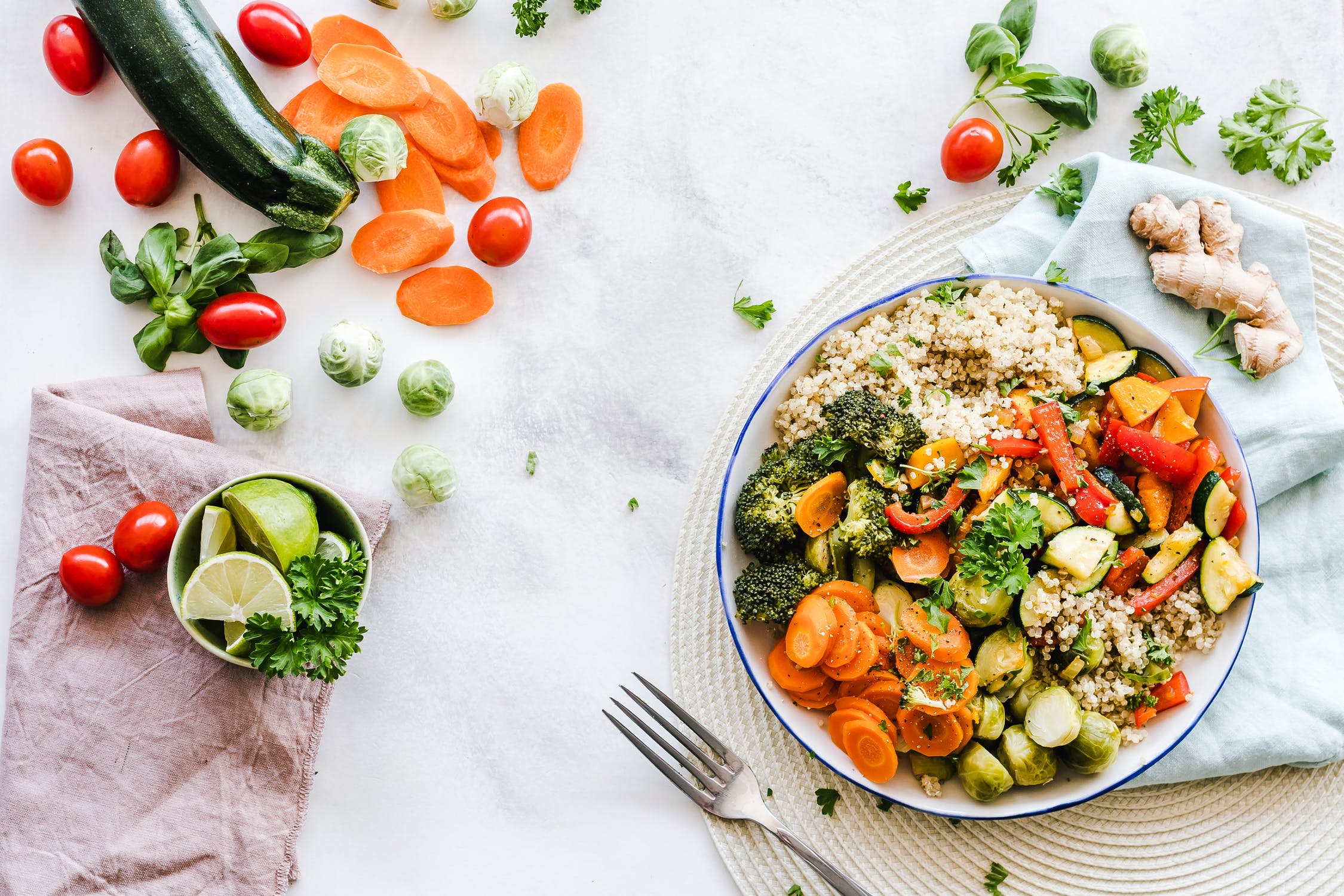
We all have a personal relationship with food. This relationship might be positive, such as nostalgia after eating a dish from childhood. It might also be destructive. Your relationship with food must remain healthy in order for you to remain healthy. Without this positive relationship, you run the risk of developing an eating disorder.
Even without an eating disorder present, a poor relationship with food can result in many other damaging diagnoses. Malnutrition, in particular, is a risk.
Seek Out Help if You Present Symptoms of an Eating Disorder
It is best to address eating disorders as soon as possible. If you feel like you eat differently to others, or in some way feel guilty, depressed, or self-loathing after you eat, then you need to seek out help. Eating disorders can result in both weight loss and weight gain. They don’t always mean purging, and sometimes can actually be accompanied by an otherwise healthy diet.
Binge eating, for example, is often thought of as a frequent overindulgence in unhealthy food, which is very addictive. Just because that is the typical case does not mean you cannot have a binge eating disorder if you eat healthy meals. A poor relationship to food, painful overeating, and extreme self-loathing if you don’t eat the right things or eat too much are all signs of a binge eating disorder that can be addressed with help from centers like edentreatment.com.
Try One New Healthy Ingredient at a Time
Eating disorder or no eating disorder, if you want to improve your relationship with food, you are going to need to expand your palate. This doesn’t have to be done in big steps. Trying one new healthy ingredient at a time is more than enough.
It is important to note, however, that you should not give up after the first time of eating something. It often takes multiple tries to determine if you like a food or not, and more importantly, there are many ways to prepare an ingredient. Try out at least three ways – though some suggest 12 – and if you still don’t like it, you never have to eat it again.
This will help you expand your palate without forcing the issue. You are just trying something, and there is no pressure to continue eating it after trying it a few different ways.
Tip: Try to make one new meal a week, even if this meal features only ingredients you are already familiar and happy with.
Make Cooking a Pleasurable Activity
Eating is not the only portion of your relationship with food that you should work on. By making cooking a pleasurable activity, you can spend more time on it and, in turn, make better-tasting, healthy meals. Try putting on good music, cooking at the same time every day, and having recipes lined up to try out. By making the process of cooking pleasurable, you can reduce the risk of turning to junk food or ready meals. It will save you money, improve your relationship with food, and help you eat healthier.


